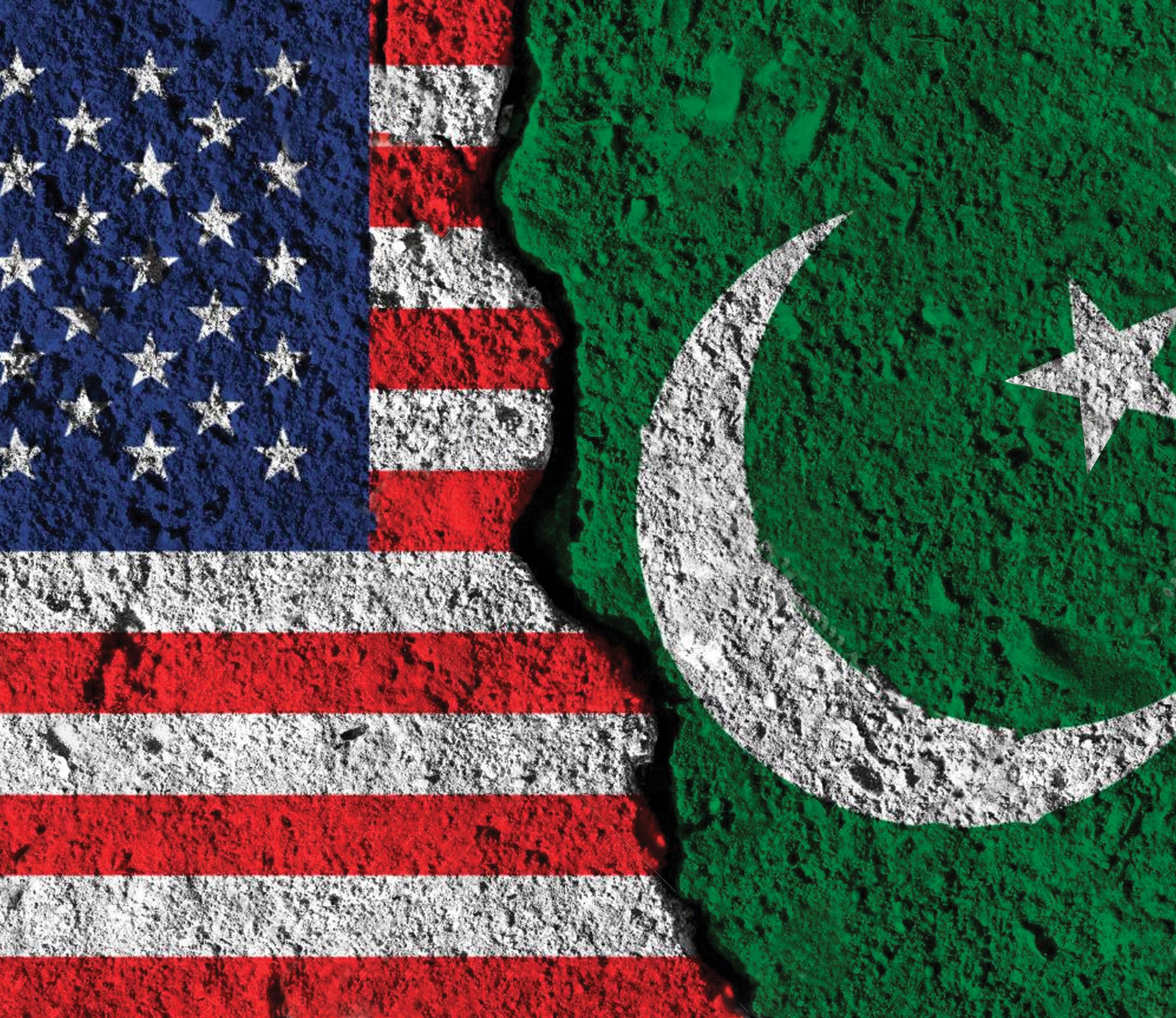Pakistan is experiencing a wave of optimism over what appears to be a marked improvement in its relations with the United States under President Donald Trump. At the same time, Washington’s relationship with New Delhi seems to be entering a period of strain. Across political circles and on social media, this is being celebrated as a diplomatic victory for Islamabad. But is this optimism well-founded? And, more importantly, can it be sustained in the unpredictable landscape of global geopolitics?
Follow Republic Policy on Website
Some analysts are already describing the change in tone between Washington and Islamabad as a “realignment.” They point to a cooling of US-India ties and argue that Pakistan now has an opportunity to reclaim strategic importance. However, interpreting this shift as a move away from Beijing would be a mistake. China remains Pakistan’s most dependable partner, not only for military support but also for economic survival. Islamabad relies heavily on Chinese investments and infrastructure projects under the Belt and Road Initiative, which continue to underpin its long-term economic strategy.
Follow Republic Policy on YouTube
The rise of Hindu nationalist politics in India, marked by increasingly aggressive posturing towards Pakistan, adds another dimension to Islamabad’s calculations. India’s ruling party leverages anti-Pakistan rhetoric to solidify its domestic base, while also seeking to project military strength. For Pakistan, this necessitates not just maintaining its nuclear deterrent but also securing modern military hardware to counterbalance Indian ambitions. Any perceived tilt in US policy thus holds significant weight for Pakistan’s security planners.
Follow Republic Policy on Twitter
China’s foreign policy offers a pragmatic contrast to Washington’s. Unlike the US, which often frames its relationships in binary terms—either you are with us or against us—Beijing prioritizes trade and development. It refrains from demanding overt political alignment, focusing instead on mutually beneficial economic cooperation. In contrast, Western democracies often highlight China’s human rights record and lack of political freedoms while rarely acknowledging its staggering achievement of lifting 800 million people out of poverty in four decades. This pragmatic approach is a key reason why Pakistan is unlikely to distance itself from Beijing despite any temporary warmth with Washington.
Follow Republic Policy on Facebook
Pakistan’s recent diplomatic maneuvers under Trump have played to the US president’s personal inclinations. Islamabad nominated Trump for the Nobel Peace Prize and bolstered his image as a “decisive leader” by swiftly arresting and extraditing a suspect linked to the Kabul airport attack in 2021. The bombing had claimed the lives of 13 US soldiers and nearly 200 Afghans during the chaotic withdrawal from Afghanistan. Additionally, when India attacked Pakistani positions in May last year following an incident in Kashmir, the US pushed both sides to de-escalate. Pakistan complied promptly, giving Trump a diplomatic “win” that reinforced his self-styled role as a peacemaker.
Follow Republic Policy on Instagram
Meanwhile, India’s actions have irritated Trump on multiple occasions. Reports suggest that during his campaign period, a meeting with Indian Prime Minister Narendra Modi was canceled, either due to scheduling conflicts or a deliberate attempt by Modi to avoid appearing to endorse a particular US candidate. Trump publicly expressed displeasure, signaling that his famously sensitive ego had been bruised. Tensions resurfaced during India’s military actions against Pakistan when it allegedly launched missile strikes despite earlier assurances to Washington of restraint. Islamabad’s subsequent communication to the US, highlighting its own restraint in the face of provocation, may have further tilted perceptions in Pakistan’s favor.
Follow Republic Policy on TikTok
However, it would be naïve to assume that relations between major powers are determined solely by personal slights or symbolic gestures. The deeper tension in US-India relations lies in New Delhi’s membership in BRICS, the economic bloc spearheaded by China and Russia alongside Brazil, South Africa, and other states. BRICS is pursuing an alternative global trade currency that could circumvent the US dollar, threatening its dominance in international finance. For Washington, which leverages dollar supremacy to enforce economic sanctions worldwide, such moves are strategically unacceptable.
This fundamental divergence puts India in an uncomfortable position. On one hand, it seeks to be a central player in US-led initiatives like the Quad, alongside Japan and Australia, designed to counter China’s influence in the Indo-Pacific. On the other, its association with BRICS and its reluctance to fully align with Western strategic priorities creates friction. Trump’s sporadic criticisms and tariff threats against India reflect Washington’s attempts to push New Delhi toward a clearer alignment.
Follow Republic Policy on WhatsApp Channel
For Pakistan, this evolving scenario presents both opportunity and risk. The immediate opportunity lies in exploiting India’s discomfort and presenting itself as a more responsive partner to US interests, particularly in counterterrorism and regional stability. Yet overreliance on a volatile US administration could backfire if American priorities shift again. Simultaneously, Pakistan must preserve its enduring strategic relationship with China, which remains the cornerstone of its economic and security policy.
In the long term, Pakistan’s best course of action lies in a balanced and multi-dimensional foreign policy. This requires leveraging its unique geographic position, strengthening internal stability, and avoiding the trap of being overly dependent on any single power. Economic reform and regional diplomacy must accompany security preparedness to ensure that Pakistan is not merely a pawn in the larger US-China rivalry.
The euphoria over improved US ties should not cloud the reality that such openings are often temporary and transactional. Only a Pakistan that is economically resilient, diplomatically agile, and strategically autonomous can navigate the turbulent waters of global realignments. Failing to pursue this path would risk turning current optimism into yet another cycle of missed opportunities.
Written by Arshad Mahmood
















